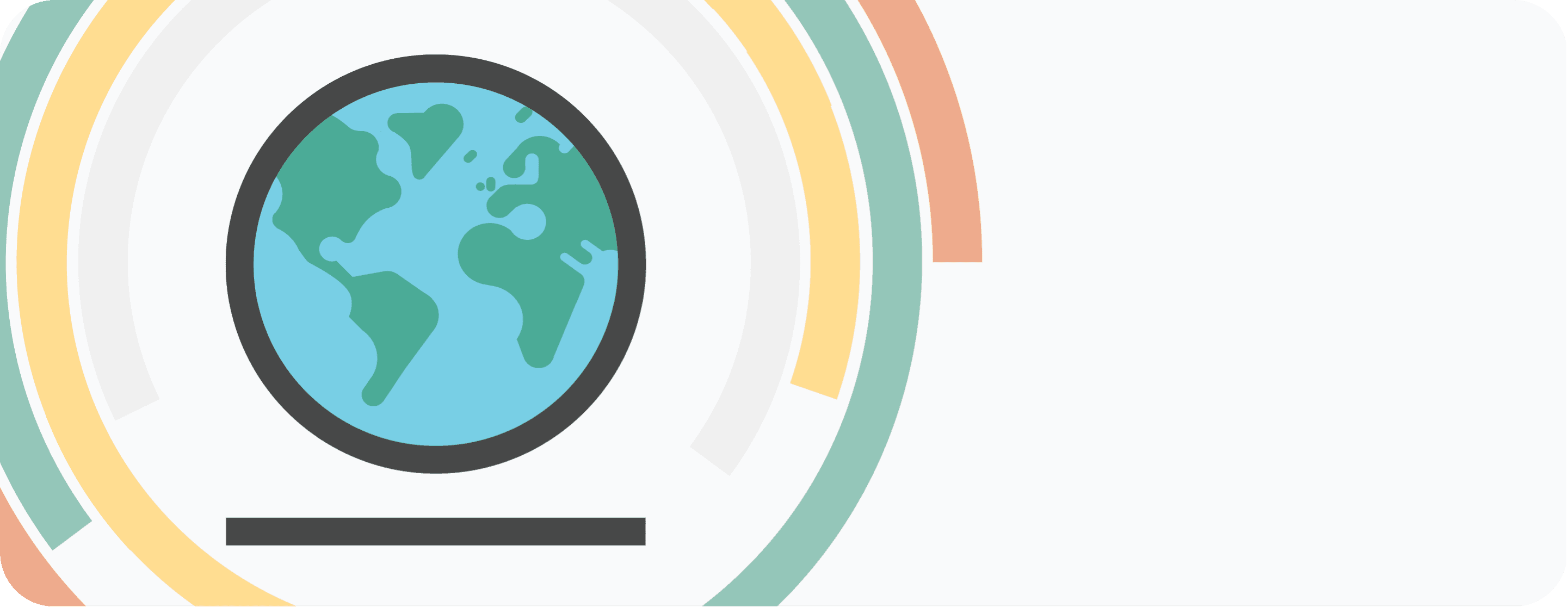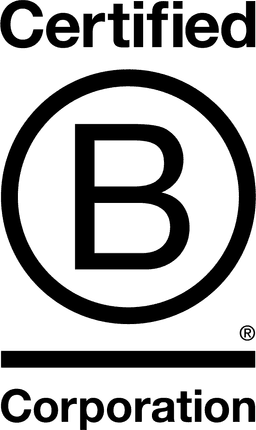

Muta World

Atlántico Department, Colombia
April 2021
Materials recovery & recycling
Manufacturing
Colombia
Reaceico con su planta principal ubicada en Galapa, Atlántico, hoy cuenta con presencia en barranquilla, Santa Marta, Cartagena, Cali, Sincelejo, Montería, Riohacha y Valledupar. A partir del año 2017 Reaceico con su campaña #unarbolporelcaribe ha sembrado en diferentes comunidades de la costa 1 árbol por cada Tonelada de Aceite de Cocina Usado recolectado. Cuenta con la certificación Internacional ISCC otorgada a la empresa en 2019 la cual asegura de que el Aceite de cocina Usado es utilizado como materia prima única y exclusivamente para la producción de Biocombustibles. Reaceico with its main plant located in Galapa, Atlántico, today has a presence in Barranquilla, Santa Marta, Cartagena, Cali, Sincelejo, Montería, Riohacha and Valledupar. Starting in 2017, Reaceico with its #unarbolporelcaribe campaign has planted 1 tree in different communities along the coast for each Ton of Used Cooking Oil collected. It has the International ISCC certification granted to the company in 2019 which ensures that the Used Cooking Oil is used as raw material solely and exclusively for the production of Biofuels.
Overall B Impact Score
Governance 17.3
Governance evaluates a company's overall mission, engagement around its social/environmental impact, ethics, and transparency. This section also evaluates the ability of a company to protect their mission and formally consider stakeholders in decision making through their corporate structure (e.g. benefit corporation) or corporate governing documents.
What is this? A company with an Impact Business Model is intentionally designed to create a specific positive outcome for one of its stakeholders - such as workers, community, environment, or customers.
Workers 20.7
Workers evaluates a company’s contributions to its employees’ financial security, health & safety, wellness, career development, and engagement & satisfaction. In addition, this section recognizes business models designed to benefit workers, such as companies that are at least 40% owned by non-executive employees and those that have workforce development programs to support individuals with barriers to employment.
Community 22.1
Community evaluates a company’s engagement with and impact on the communities in which it operates, hires from, and sources from. Topics include diversity, equity & inclusion, economic impact, civic engagement, charitable giving, and supply chain management. In addition, this section recognizes business models that are designed to address specific community-oriented problems, such as poverty alleviation through fair trade sourcing or distribution via microenterprises, producer cooperative models, locally focused economic development, and formal charitable giving commitments.
Environment 31.8
Environment evaluates a company’s overall environmental management practices as well as its impact on the air, climate, water, land, and biodiversity. This includes the direct impact of a company’s operations and, when applicable its supply chain and distribution channels. This section also recognizes companies with environmentally innovative production processes and those that sell products or services that have a positive environmental impact. Some examples might include products and services that create renewable energy, reduce consumption or waste, conserve land or wildlife, provide less toxic alternatives to the market, or educate people about environmental problems.
What is this? A company with an Impact Business Model is intentionally designed to create a specific positive outcome for one of its stakeholders - such as workers, community, environment, or customers.
Customers 1.7
Customers evaluates a company’s stewardship of its customers through the quality of its products and services, ethical marketing, data privacy and security, and feedback channels. In addition, this section recognizes products or services that are designed to address a particular social problem for or through its customers, such as health or educational products, arts & media products, serving underserved customers/clients, and services that improve the social impact of other businesses or organizations.